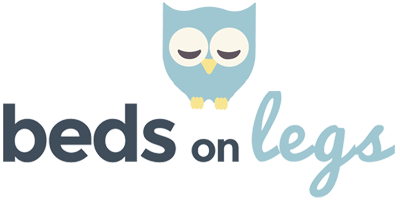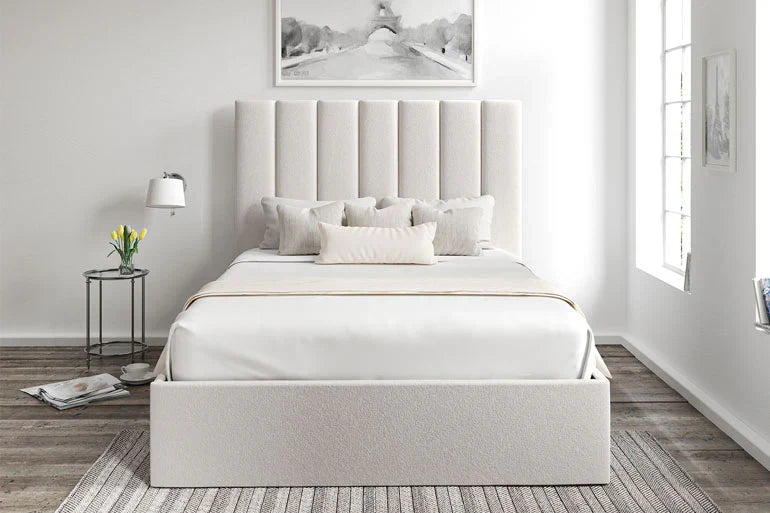No communication. Still haven't received product chased via email/chat and was sent an automated response to say shipping information will be confirmed in accordance with the documentation on the sales page. this states shipping in two weeks and I have had the review email before i have had any email about shipping, or when the product will be delivered.
Perfect transaction and communication from start to finish.
Love our new bed
This is a great bed frame with a beautiful, simply elegant look. The storage is fantastic. Slightly fiddly to put together however didn't take too long for 2 of us. The order process was easy with a phone call to arrange and confirm delivery. The delivery guys were fab, super personable and chatty. Would definitely buy from here again.
I'm disappointed that I can't give this mattress 5 out of 5. The quality is amazing and I feel like it is priced appropriately but the feel of the mattress is not as described in my opinion.
It is described as medium-firm and like "resting on a cloud of natural luxury". More like lying on a duvet on the floor - it's that hard! There needs to be some kind of industry-wide firmness test for mattresses because there are such differences when using these firmness terms.
I lasted two nights on this mattress before I could stand it no more. Now I will have to donate it to charity because it can't be returned. I guess that's the risk you take when buying online without trying. Such a shame Beds on Legs closed its showroom because I tried and bought a medium-firm mattress from them in 2018 and it was perfect.
So just be aware, this mattress is high-quality but if you're looking for the "medium" in this mattress, it's not for you.
So pleased with our headboard. It’s a lovely colour and exactly what we were hoping for. We were kept up to date with delivery arrangements. Very happy





